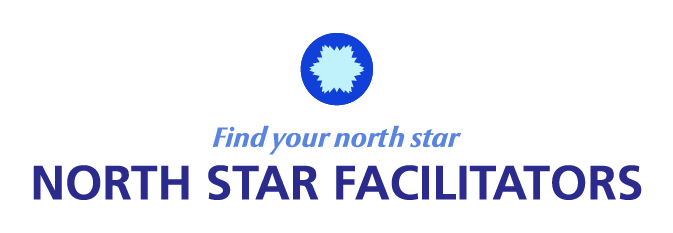My Big Facilitator Secret: The Guiding Support of Mentors

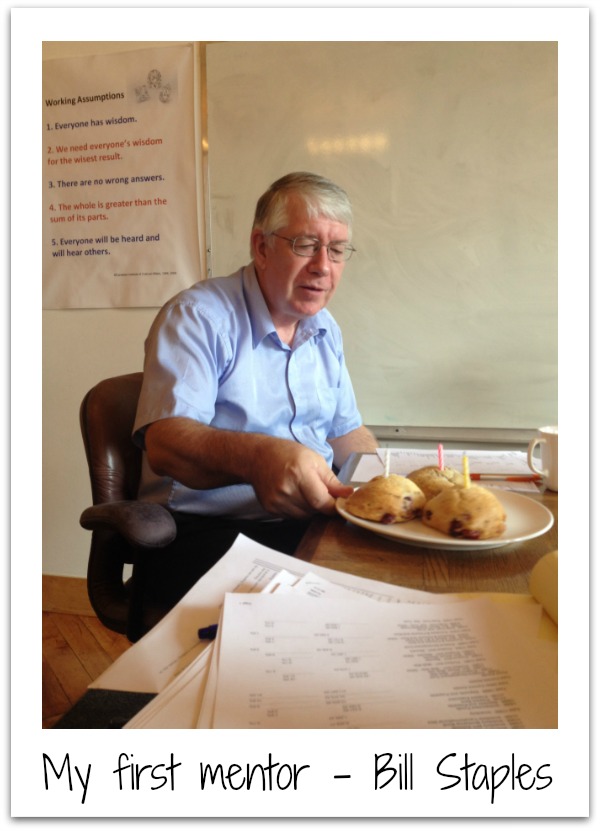 I’ve been thinking a lot about something I just love doing – that is mentoring other facilitators.
I’ve been thinking a lot about something I just love doing – that is mentoring other facilitators.
This blog is about helping you as a mentor for anyone you may be supporting in your life. It will also include some tips on what to look for in a mentor if you’re looking for someone to support you as you move your career or life forward.
What is a Mentor?
I am deliberately using the term mentor rather than coach. Coaches have very specific training. I am not trained as a coach. Coaches offer a wonderful range of skills from life coaching to financial coaching, career coaching, technical coaching, etc. They are relatively easy to find because they have an association backing them. They are listed on coaching websites. And you can probably find some great coaches anywhere close to you.
So why am I bothering talking about mentoring if you can find a coach easily?
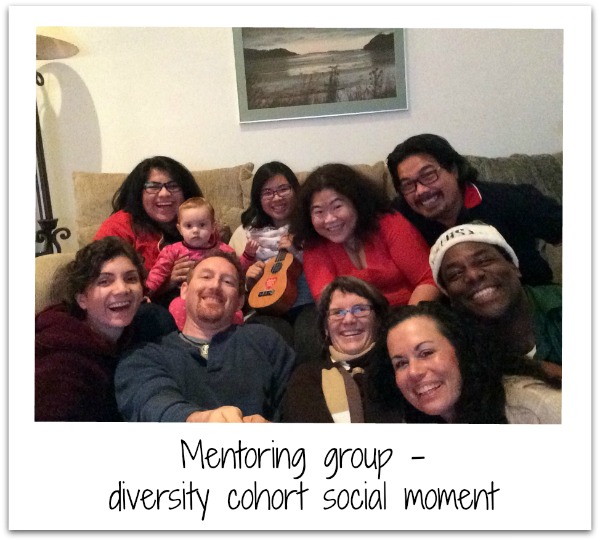 Mentors to me is a softer term meaning someone who deeply cares about you and has set a set of skills to offer you that uniquely fit where you are in your life. This mentor person is likely someone with whom you came into contact in a surprising way. You might’ve met them at a conference, or at a social gathering, or they might even be your boss, or a colleague. Almost everyone in this world ends up being a mentor to someone at many junctures of their life. Mentors often do not have the training; many do not get paid to mentor others. For example, I have both several mentees who pay me my hourly rate and others who cannot afford to pay a mentor or coach. I’ve been mentoring several unpaid mentees for seven years. See this link to learn more.
Mentors to me is a softer term meaning someone who deeply cares about you and has set a set of skills to offer you that uniquely fit where you are in your life. This mentor person is likely someone with whom you came into contact in a surprising way. You might’ve met them at a conference, or at a social gathering, or they might even be your boss, or a colleague. Almost everyone in this world ends up being a mentor to someone at many junctures of their life. Mentors often do not have the training; many do not get paid to mentor others. For example, I have both several mentees who pay me my hourly rate and others who cannot afford to pay a mentor or coach. I’ve been mentoring several unpaid mentees for seven years. See this link to learn more.
Mentors often do not go out looking for mentees. These mentees tend to show up in their life. Often, a mentor ends up providing an ongoing long-term or life-time relationship. When that happens a mentee comes into a mentor’s life and the chemistry works, the relationship is profound and moves both people forward in an amazing way. It is a relationship you will never forget. Finally, a mentor relationship changes significantly. After a time, that relationship is not really valid anymore. Rather, it becomes a symbiotic relationship where the mentee starts mentoring the mentor and you both go back and forth, offering each other support.
How Do You Mentor Well?
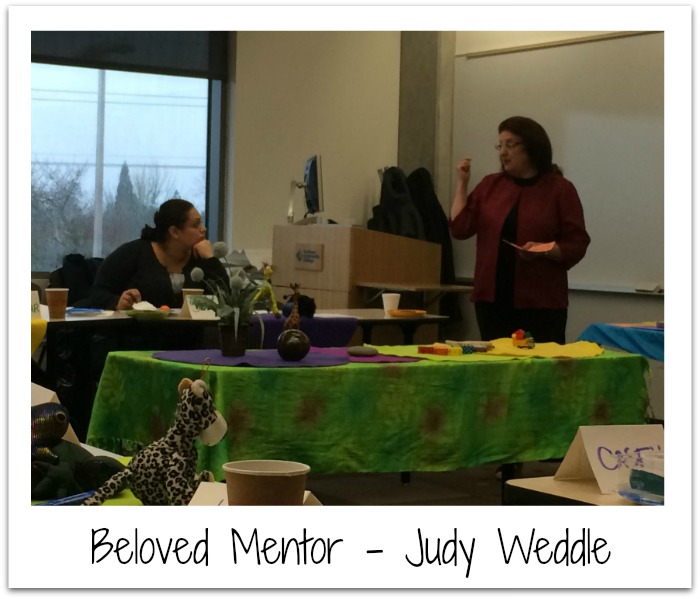 The values that I hold as a mentor I have not articulated before. This is my first draft. : ) They include honesty, authenticity, providing high-value, compassion, generosity, reliability and clarity. Often as a mentor, I seek to socialize with my mentees. I care deeply about major events in their lives. We have met each other’s families. We have lived in each other’s homes. We have cried, laughed and played together. I try to co-facilitate with them as often as possible. I try to offer them leadership opportunities that they wouldn’t normally have that I might be in a unique position to offer or attain.
The values that I hold as a mentor I have not articulated before. This is my first draft. : ) They include honesty, authenticity, providing high-value, compassion, generosity, reliability and clarity. Often as a mentor, I seek to socialize with my mentees. I care deeply about major events in their lives. We have met each other’s families. We have lived in each other’s homes. We have cried, laughed and played together. I try to co-facilitate with them as often as possible. I try to offer them leadership opportunities that they wouldn’t normally have that I might be in a unique position to offer or attain.
Mentors rarely offer advice. If you do, it is done very diplomatically and if asked for. Rather, if the mentee comes with a problem, the mentor seeks to explore it thoroughly with the mentee. It helps to ask a lot of questions – of course open-ended ones that all good facilitators use. Examples include:
- What do you know about the situation?
- What have you already thought of?
- What worries you most about this problem?
- Where do you have high level of confidence?
- Where have you experienced something similar to this?
- What do you know about yourself that will make this go well?
- What do you already know that applies to this situation?
- What support do you need from me?
By doing this, the mentor really empowers the mentee to think for him or herself and come to realize how brilliant their own thinking is. And if relevant, the mentor can then offer experiences, tools and skills that he or she has that add to the repertoire of the mentee.
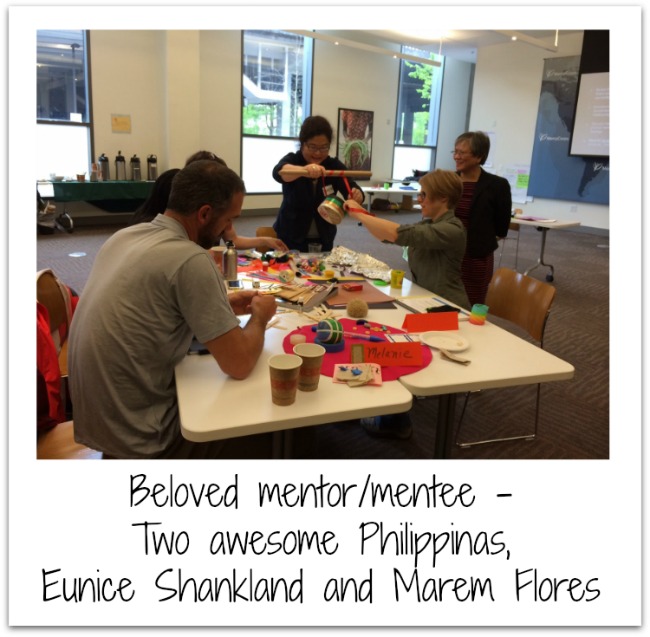 If you have been a mentor, you probably recognize some of these things in yourself. So keep looking for people that might need this wonderful offering. Life is short and the mentee mentor relationship is probably one of the most precious things I have ever experienced. My facilitator mentors are Bill Staples of ICA Canada, Gordon Harper of Seattle, Eunice Shankland of Shankland and Associates, Denver Colorado, and Judy Weddle, of Weddle and Associates, Lincoln City, Oregon. Each one has come into my life unexpectedly and offered me immeasurable gifts. I am forever grateful to them.
If you have been a mentor, you probably recognize some of these things in yourself. So keep looking for people that might need this wonderful offering. Life is short and the mentee mentor relationship is probably one of the most precious things I have ever experienced. My facilitator mentors are Bill Staples of ICA Canada, Gordon Harper of Seattle, Eunice Shankland of Shankland and Associates, Denver Colorado, and Judy Weddle, of Weddle and Associates, Lincoln City, Oregon. Each one has come into my life unexpectedly and offered me immeasurable gifts. I am forever grateful to them.
What Do You Look For in a Mentor?
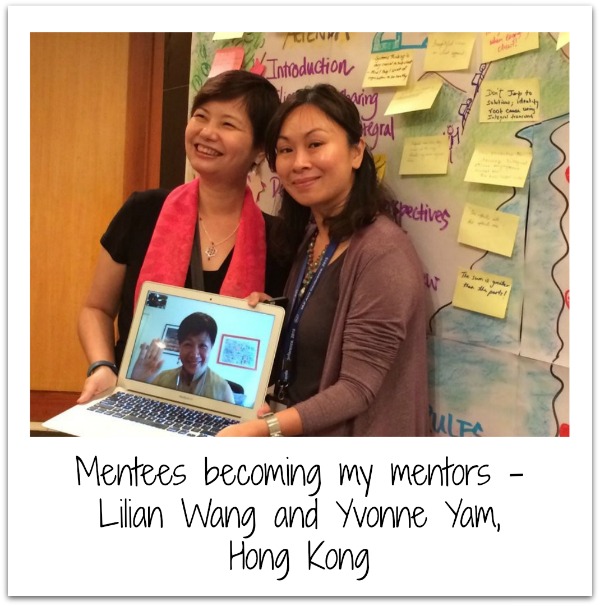 Find someone who you admire and aspire to be like. Observe the values they put into action. Do they mirror your own strongest values? Hang out with them in social situations if possible. Watch them for a while. Talk to them about their lives. Ask if they’d be willing to consider mentoring you and what you might offer them in return for mentoring. Talk to them about what you really need at this moment in time in your life and see if they might be willing to fulfill it. Do not expect everything from your mentor. Be very specific about what you need and want. Then they might be more likely to fulfill your expectations. Be honest as you move and change in your relationship. Have the honest critical conversations when they are needed. And, good luck!
Find someone who you admire and aspire to be like. Observe the values they put into action. Do they mirror your own strongest values? Hang out with them in social situations if possible. Watch them for a while. Talk to them about their lives. Ask if they’d be willing to consider mentoring you and what you might offer them in return for mentoring. Talk to them about what you really need at this moment in time in your life and see if they might be willing to fulfill it. Do not expect everything from your mentor. Be very specific about what you need and want. Then they might be more likely to fulfill your expectations. Be honest as you move and change in your relationship. Have the honest critical conversations when they are needed. And, good luck!

